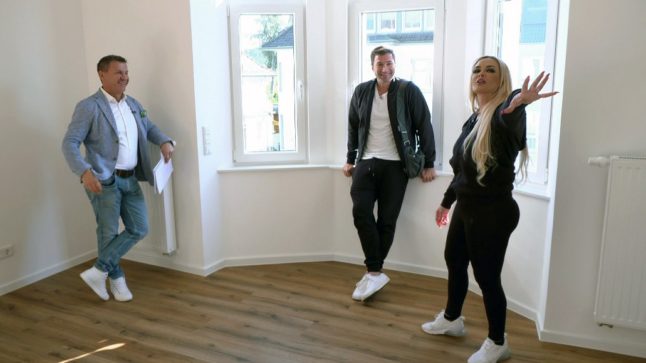A group of property owners in Hamburg residing in a 128-year-old building comprised of 12 apartments and three offices recently learned this the hard way.
Back in March 2015, the owners of residential and commercial flats in the building held a meeting in which the majority of them rejected motions to have the moist walls in their basement fixed; they argued this was to be expected of a building constructed in 1890.
But the co-owners of the three commercial units located in the basement of the building, a naturopathic practice, an artists' agency and communications agency, disagreed.
FOR MEMBERS: The things you need to watch out for when you move house in Germany
Reports which date back to 2010 and 2011 from an engineering firm and an architect already identified the damage and estimated the renovation would cost €300,000. A lack of plinth waterproofing and horizontal barrier were noted as causes. Salts had also penetrated the brickwork.
At the meeting in 2015 it was decided that a new expert opinion would be obtained, after which the property owners took their issue all the way to the district and regional courts.
At the district court, the judges annulled the decision on a new expert opinion and dismissed the action. Both parties disagreed and appealed.
 An Altbau building in Berlin. Photo: DPA
An Altbau building in Berlin. Photo: DPA
At the regional level, the court ruled that the rejection of the repairs contradicted proper and sound management, meaning that the claimants qualified for renovations in the building’s cellar.
The apartment owners were not satisfied with this ruling, bringing their issue all the way to the Federal Court of Justice (BGH) in Karlsruhe, where the the case will be negotiated on Friday.
The Home Ownership Act (Wohneigentumsgesetz), which regulates how owners manage their property, states that the maintenance and repair of common areas in apartment buildings belong to the management of residential property.
A distinction is made between special property, for which each owner is responsible, and common property.
For instance, a bathroom in one’s flat is considered private property and therefore the tenant can renovate it as necessary. Shared property includes areas such as staircases, but also facades and roofs. If renovation work is necessary in these areas, all owners must pay their fair share.
Before buying an apartment, interested parties should take a look at the decisions, rulings and reports of the owners' meetings, says Julia Wagner, a legal advisor at housing association Haus & Grund Deutschland.
Through these reports one can not only get an idea how the community works, but also clarity on the condition of a building, according to Wagner.



 Please whitelist us to continue reading.
Please whitelist us to continue reading.
Member comments